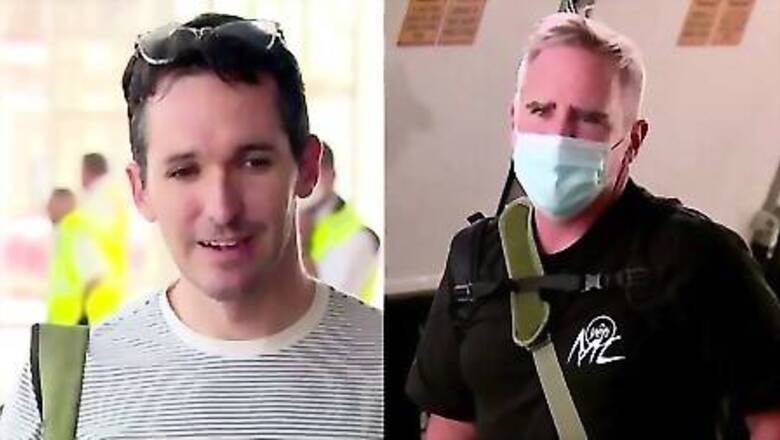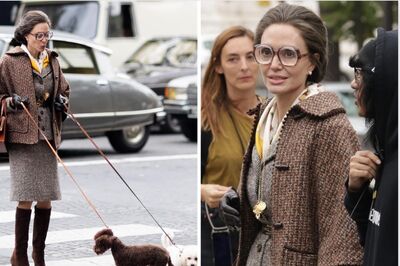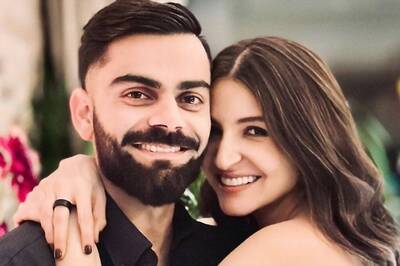
views
SYDNEY: Australia and China are engaged in a dispute that has entangled journalists in both countries.
Following are key dates:
June 26 – Australian Federal Police search the Sydney home and office of New South Wales Labor party politician Shaoquett Moselmane, and the home and business of his staff member John Zhang, in a foreign interference investigation centred on Zhang.
Moselmane says he is not a suspect.
– The Australian Secret Intelligence Organisation (ASIO) questions at least one Chinese journalist in Australia in connection to the same investigation, according to a Sept 9 report in The Sydney Morning Herald citing an unnamed Australian security source.
Aug 3 – John Zhang makes application to overturn Australia’s foreign interference legislation in the High Court. Court documents state he is being investigated by police under the law introduced in 2018.
He is alleged by AFP to have acted on behalf of the Chinese state in a private social media chat group with Moselmane and encouraged the politician to advocate for Chinese state interests. No charges have been laid. Zhang’s lawyers did not respond to Reuters calls for comment on the allegation and he is seeking to have the search warrants overturned in the High Court.
Aug 14 – Australian government receives formal notification from Chinese authorities that Australian citizen Cheng Lei is detained in Beijing. Cheng is a high-profile Chinese state television anchor.
Aug 25 – Moselmane says in interview with Australia’s ABC TV the social media chat group being investigated by AFP included seven people including himself, foreign journalists and Zhang.
Aug 27 – Australian officials have first consular visit with Cheng at a Beijing detention facility via video link.
Aug 31 – Australian foreign minister Marise Payne releases public statement about Cheng’s detention.
Sept 2 – After being advised by the Australian government to leave China, Australian Financial Review journalist Michael Smith in Shanghai and ABC journalist Bill Birtles in Beijing prepare for departures the next day.
They are each visited at home after midnight by seven Chinese police, who advise they are unable to leave China and must report for questioning by the Ministry of State Security the next day because they are persons of interest in an investigation.
Sept 3 – Smith and Birtles are offered consular protection in Australian diplomatic posts as negotiations take place between Australian and Chinese officials.
Sept 5 – It is agreed the two Australian journalists will be questioned by China’s Ministry of State Security without Australian consular officials present, in exchange for the exit ban being lifted.
Sept 6 – Birtles is interviewed in a hotel by state security officials who ask about Cheng Lei, among other topics.
Sept 7 – Smith is interviewed in a hotel by state security officials who ask about Cheng Lei, among other topics.
– Smith and Birtles depart Shanghai for Australia. They are escorted to gate by Australian consular officials.
Sept 8 – Chinese foreign ministry says Cheng Lei is suspected of carrying out criminal activities endangering national security, in first public explanation of her detention.
– Chinese state media carry reports with unnamed sourcing stating that the homes of Chinese journalists in Australia were searched on June 26 by the Australian intelligence agency.
Sept 9 – China’s foreign ministry says Australian authorities had searched and seized items from the homes of four Chinese journalists, including reporters from state news agency Xinhua and the China News Service.
Australian authorities had no comment on the reports of the raids.
Disclaimer: This post has been auto-published from an agency feed without any modifications to the text and has not been reviewed by an editor



















Comments
0 comment